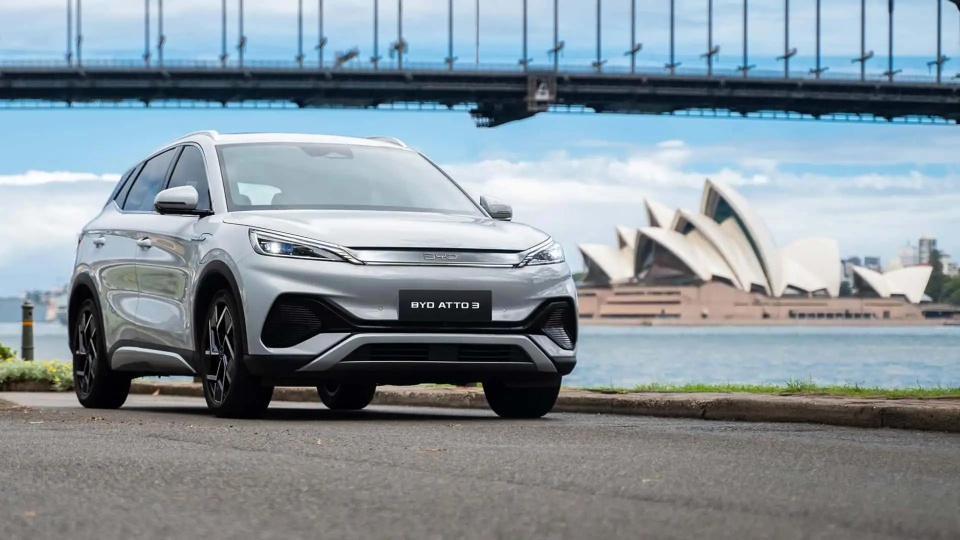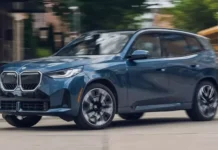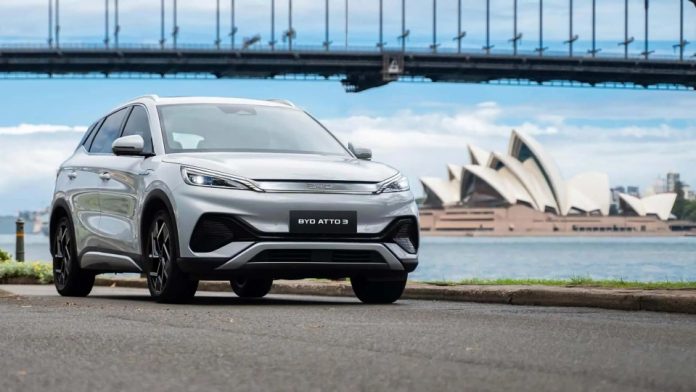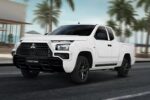
|
Although not the largest electric vehicle market in the world, Australia is one of the top destinations for many automakers when it comes to their expansion plans. According to InsideEV, the country is currently home to almost every electric vehicle trend, from American to European, and from Korean to Chinese brands.
A Small Market with a Big Boom
The electric vehicle market in Australia has experienced a boom in recent years. In 2023, electric vehicle sales in the country reached 87,000 units, a whopping 161% increase compared to 2022 (33,410 units). Behyad Jafari, CEO of the Electric Vehicle Council (EVC) of Australia, shared with The Guardian that 2023 was the third consecutive year of record-breaking electric vehicle sales.
| Electric Vehicle Sales Surge in Australia | ||
| Australia’s Electric Vehicle Sales in 2022-2023 | ||
| Labels | 2022 | 2023 |
| January | 620 | 4,852 |
| February | 600 | 5,931 |
| March | 5,532 | 6,612 |
| April | 866 | 6,530 |
| May | 925 | 8,124 |
| June | 1,137 | 11,042 |
| July | 609 | 6,846 |
| August | 4,235 | 6,984 |
| September | 7,247 | 8,821 |
| October | 2,098 | 6,057 |
| November | 4,457 | 8,646 |
| December | 5,084 | 6,554 |
While these sales figures may not compare to larger markets like the US or China, Australia has made significant leaps in the electric vehicle space. In 2023, electric vehicles accounted for approximately 8% of the country’s total car sales. This figure jumped to 10% at the start of 2024.
These results can be attributed to the Australian government’s tax incentives for new energy vehicles, as well as the introduction of affordable electric vehicles that have convinced Australians to make the switch.
| |
|
Tesla Model 3. Source: The Driven |
Tesla was one of the first automakers to enter the Australian market, aggressively promoting its brand and convincing users to adopt electric vehicles. In subsequent years, Kia, Hyundai, BYD, MG, and Volvo quickly followed suit, bringing a wide range of electric vehicles to Australia across various segments and price points.
In June 2023, BYD officially launched in Gold Coast, Australia, introducing the Atto 3 priced at around 30,000 AUD (approximately 20,600 USD). This marked the beginning of a price war among electric vehicle manufacturers in the country.
According to Reuters, SAIC Motor also plans to launch three more affordable electric vehicle models under the MG brand in Australia this year, bringing the total number of electric vehicles in MG’s Australian lineup to five.
Weakness in Charging Infrastructure
One of the biggest challenges facing the electric vehicle market in Australia is not the price of vehicles but the lack of adequate infrastructure. According to InsideEV, the Australian government has not yet been able to build enough public charging stations to support widespread electric vehicle use.
The charging infrastructure in Australia is sparse and inadequate, impacting the daily use of electric vehicles. The International Energy Agency (IEA) reports that in Australia, there is only one public charging station for every 35 new electric vehicles.
In city centers, building owners refuse to install charging stations in parking garages despite government appeals. In suburban and highway areas, the lack of charging stations makes traveling between towns difficult.
| |
|
Australia continues to face a shortage of electric vehicle charging stations. Source: InsideEV |
The few existing highway charging stations often have low power outputs, typically 50 kWh or less. The number of charging ports is also insufficient to meet the demand of the growing number of electric vehicles on the roads. A few private charging stations with higher power outputs are either overloaded or prone to breakdowns.
However, Tesla owners are less affected by this issue as the company has proactively built exclusive charging stations across Australia. Recently, these stations have also started offering charging services to non-Tesla electric vehicles at a premium price.
With its vast land area and many residents living in houses with garages, home charging solutions are seen as a temporary fix and a crucial factor in the continued growth of the electric vehicle market in Australia. However, a comprehensive public charging infrastructure is necessary for electric vehicles to gain a larger market share. The development of charging stations in Australia needs to accelerate to keep up with the rapid growth of the electric vehicle market. As more people adopt electric vehicles, the demand for charging will likely attract investors to the charging infrastructure business, potentially turning Australia into a significant player in the electric vehicle space.
Recommended Reads for Your Journey
Our Automotive section presents an array of captivating books with diverse themes. During your travels in your vehicles, there are undoubtedly moments of relaxation, and books can be an engaging companion during those times.









































